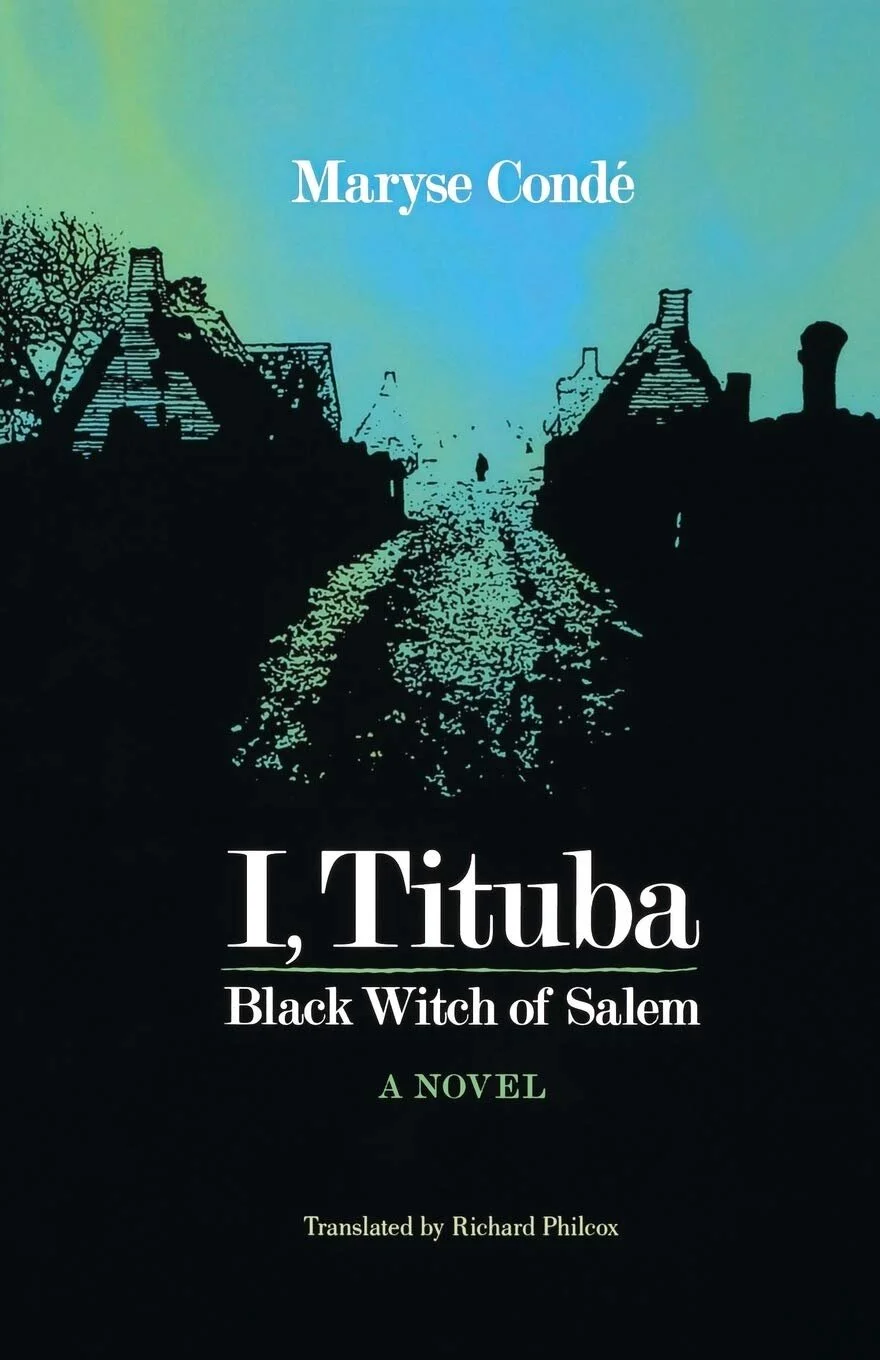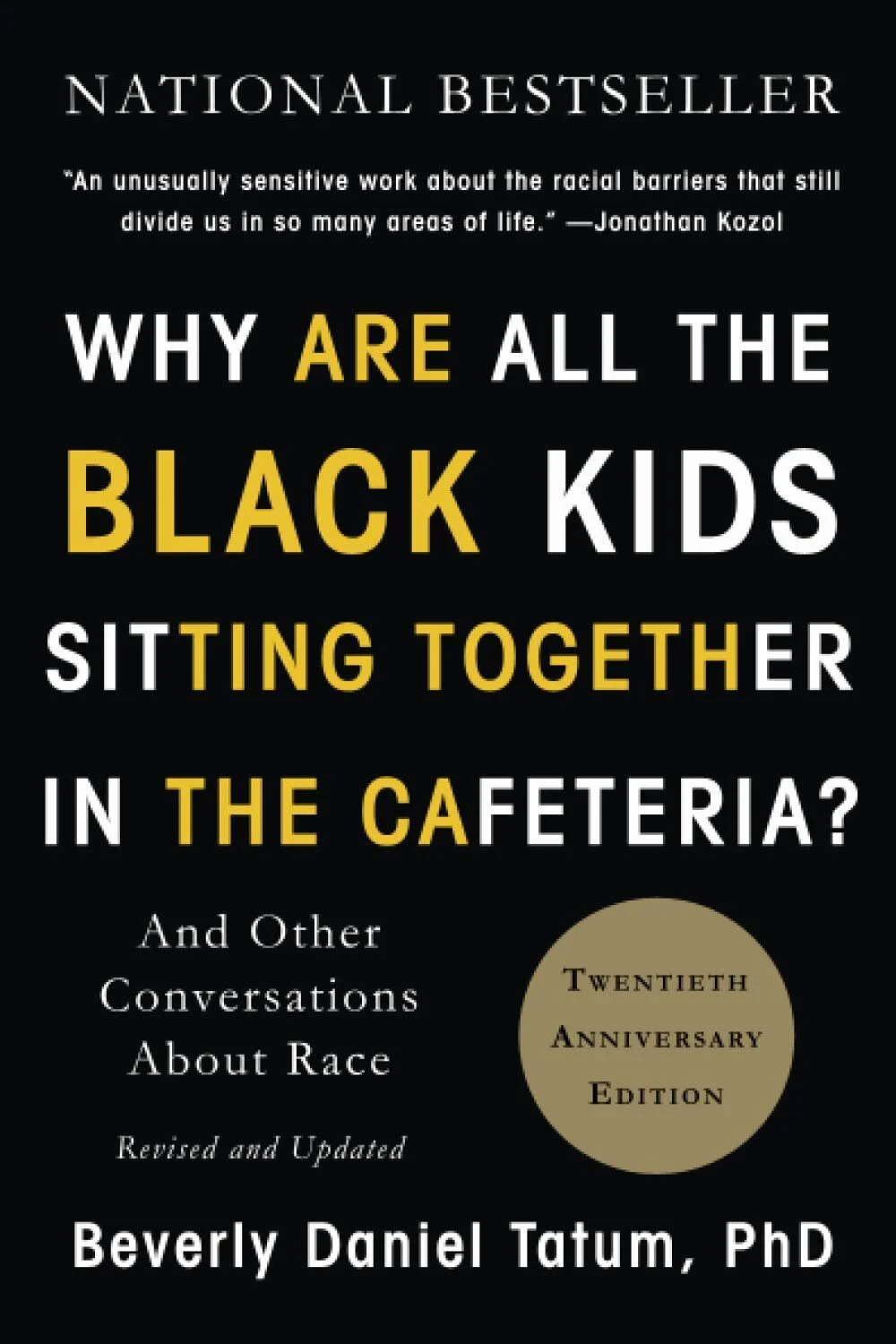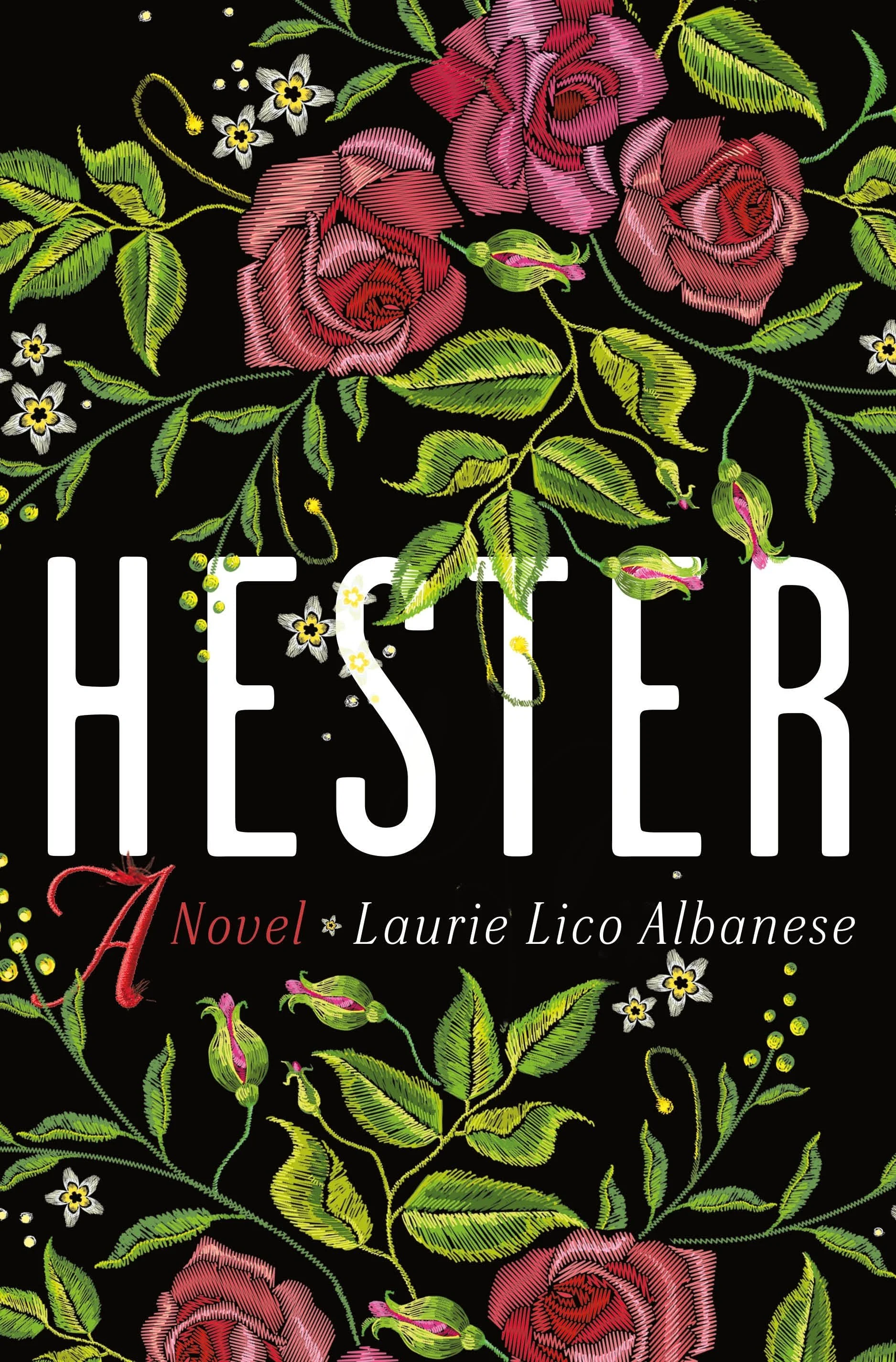I, TITUBA, BLACK WITCH OF SALEM
by Maryse Conde
Growing up outside Boston, the Salem witch trials were a staple of history classes, and I was obsessed for many years. Even more so after I found out I was descended from one of the accused on my Dad’s side. So to discover this book that strongly connected the historical facts and my childhood memories, but somehow also made relevant observations about race in America today, was a complete thrill.
I, Tituba is a fictional, first-person narrative of the first Black woman accused of witchcraft in Salem. Although written in the mid-80s, Conde connects the rigidity and racism of the Puritans with the problems facing modern Black Americans, a connection that is somehow even stronger today in the BLM era. (Arthur Miller made a similar connection to the McCarthy trials in The Crucible.) Tituba is an actual historical figure and was owned by the Paris family whose girls first began making hysterical accusations. Other than her Barbadian origin and her marriage to another slave, John Indian, not much else is known about Tituba. Conde, a Guadalupian novelist, educated primarily in France, uses post-modern and parody elements to create Tituba’s life in a fantastical, yet emotionally engaging mock-epic.
I, Tituba is an engrossing read that I didn’t want to put down. I highly recommend it if you’re fascinated by the Salem witch trials or if you’re looking for an incredible story about a strong, open-hearted woman trying to survive a cruel and unjust world. (Lily)





